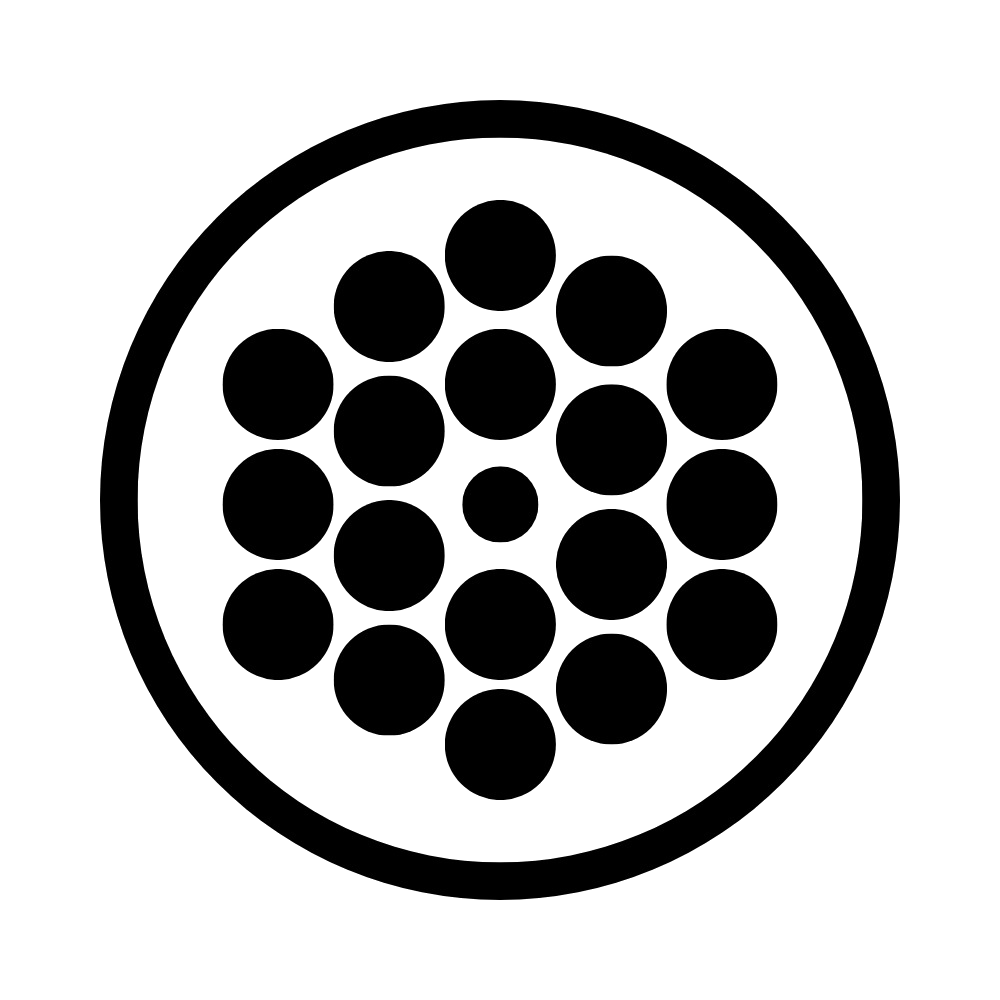Dungeons and Dragons
I love a lot of things. Here’s a short list:
Jiu jitsu
Chess
Birds
Dogs
Gaming
Hunting
Mushrooms
Writing
Reading
My wife
Some people love to hate things! Some people tie dislikes and likes to their identity—it’s sort of what makes an ego—choosing one thing over another. I know some people who dislike tomatoes and wear that on their sleeve like a badge of honor. I’ve always felt bad for those people, as someone who likes tomatoes. And onions, and fish, and oysters, et cetera. Because the pride in the dislike doesn’t compare to the joy of eating something yummy.
When I was a kid I hated baked potatoes, and I built that into my identity until I was like 14, when I realized I had just had a bad experience and I might as well enjoy this thing rather than trying to be unique and choosing not to enjoy baked potatoes. I know there are real dislikes, and it’s not always a choice, of course. But having chosen to dislike something myself, I can see how it happens.
This is where “pet peeve” comes from. A peeve is something that irritates you, but you make it your pet. It’s something you love to hate. You hold onto those, but the more you have, the more your capacity for enjoying the world shrinks.
There might be something in your life like this, that you love to hate. And that’s okay.
But I will encourage you to let go of some of those things. Your instinct to differentiate your experience (and often your self) by creating preferences based on bad-to-best is not conducive to happiness. Comparison is the thief of joy because rather than enjoying a thing, you are cerebrally judging it to decide whether or not it’s better than another. You are spending time in your head, ranking, rather than experiencing the thing, and (even possibly) enjoying it. Only one thing can be the best, so the light of that thing can cast a shadow on the wonderful thing you’re doing.
Eat the tomato and taste it with your tongue, live in that experience. Do not eat the tomato and then spend that moment thinking about why tomatoes are not your favorite vegetable, and what you’d rather be eating.
This goes a bit deeper, as our brains are built to categorize for safety and dopamine: try to repeat the good, avoid the bad, and forget the everyday and average. Overcoming this programming is part of dropping your ego and really enjoying the world, and your life.
That’s a digression from the title.
Recently I started playing DnD (Dungeons and Dragons) with my friends, and it has been absolutely amazing. DnD is a group story-telling game where you team-up with friends to do cool shit, tell an awesome story, and hang out. It’s not a head-to-head game, but rather collaborative story-telling. I got into it because Critical Role (this link goes to Campaign 3 which is insane and awesome, but very very long. It’s a good intro for how one group plays) suddenly popped onto my feed after I said “Dungeons and Dragons” aloud one time with my phone nearby.
The best way to stay close with friends is to have a shared hobby—an activity you can do together, a purpose for being together rather than just “catching up”. I’m sure we all have our groups of friends that are tied to certain aspects of our lives—work friends, jiu jitsu buddies, the chess club—you know.
DnD is the perfect excuse to get together with your friends. You can play how you want, there is a lot of winning and virtually no losing, it is challenging and creative.
I know a lot of people have an immediate reaction to Dungeons and Dragons, but it is a perfect opportunity to put down your preconceptions, your ego, and play something virtually free with your friends. It’s a reason to get together, if nothing else.
The picture is ChatGPT’s rendition of my players’ characters, it is somehow incredibly good and terrible at the same time, still. I’m the DM—meaning I run the game for them.
Remember that you are not your feelings, instead you are the watcher, wielding your attention. You can put that attention wherever you choose.

